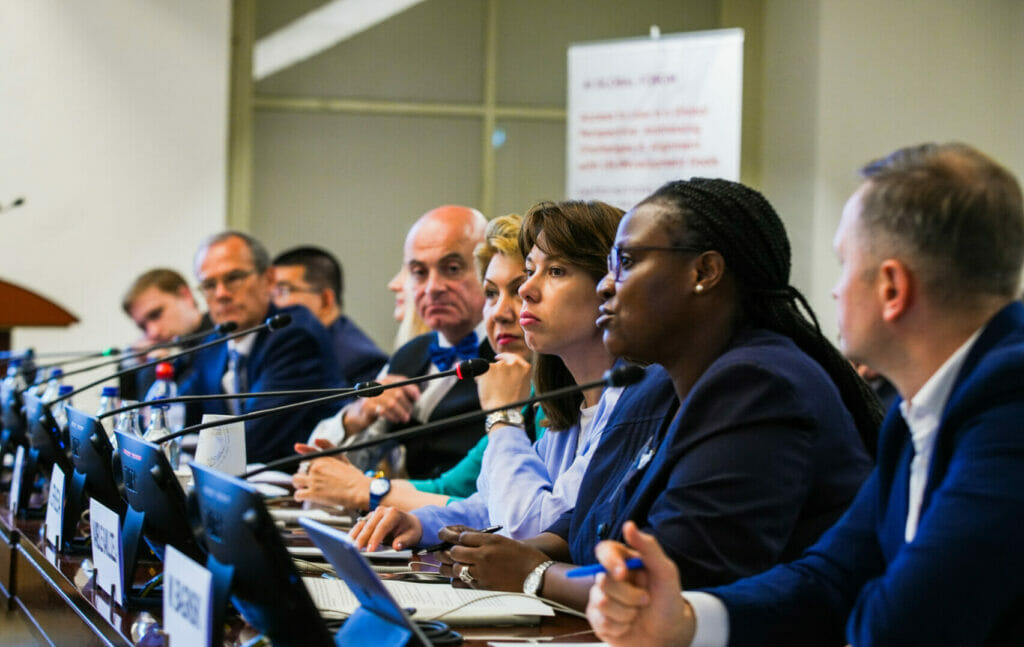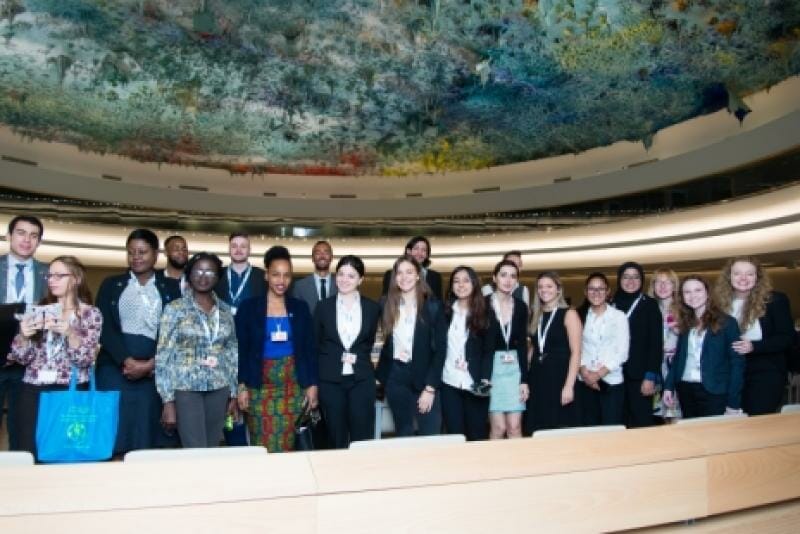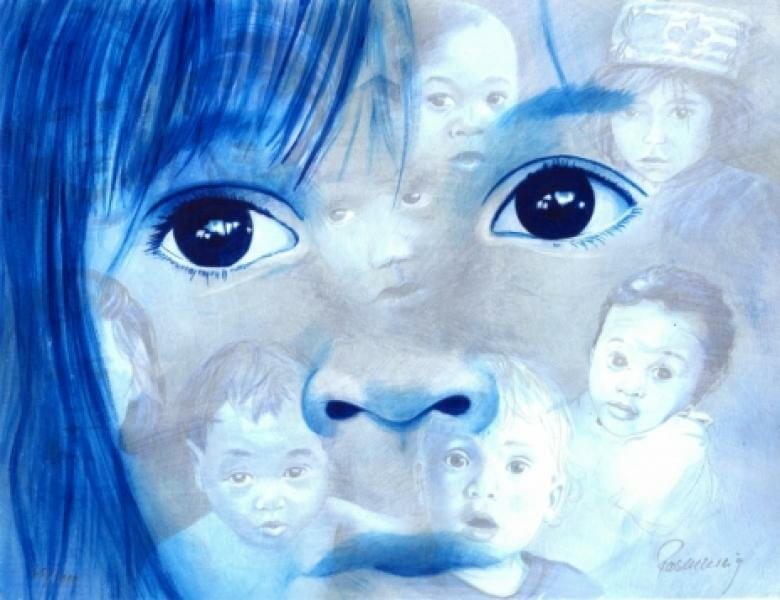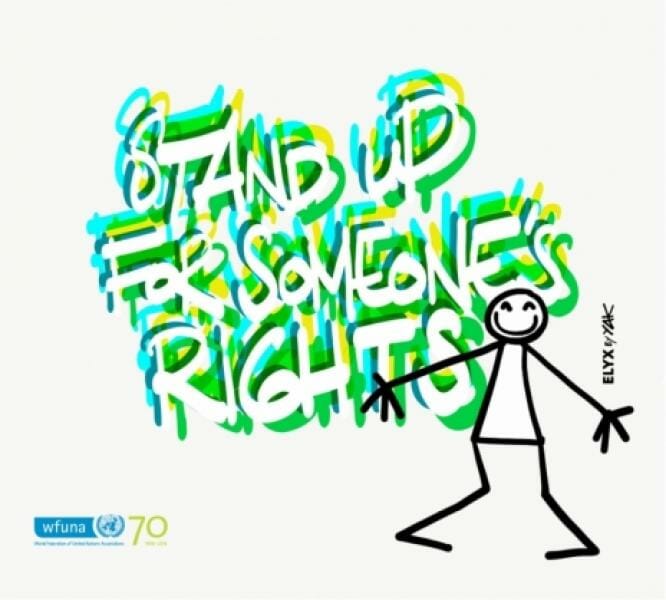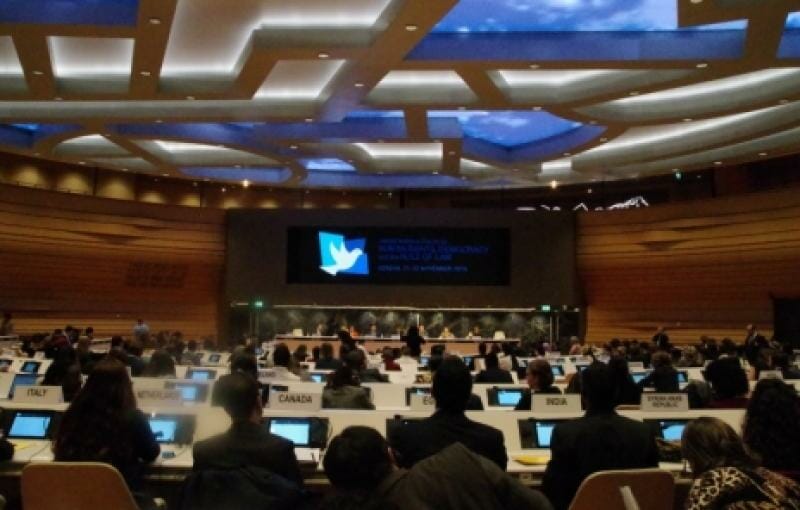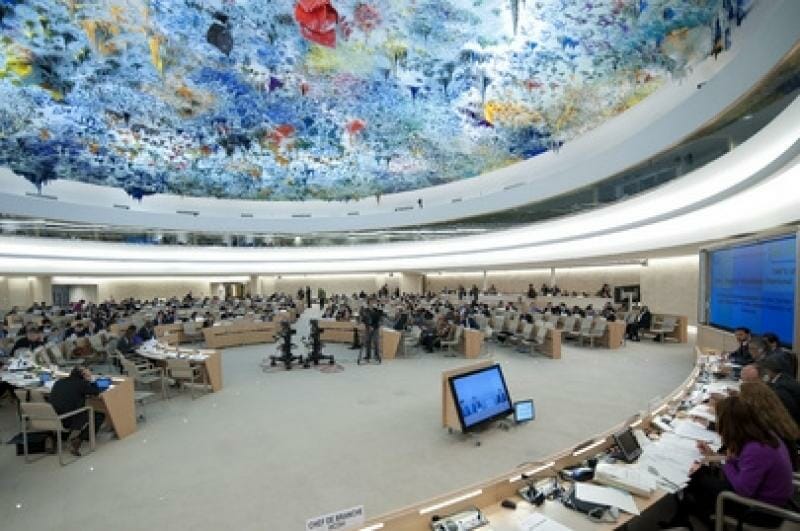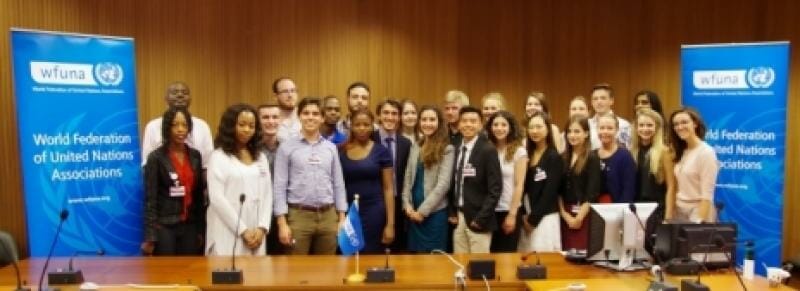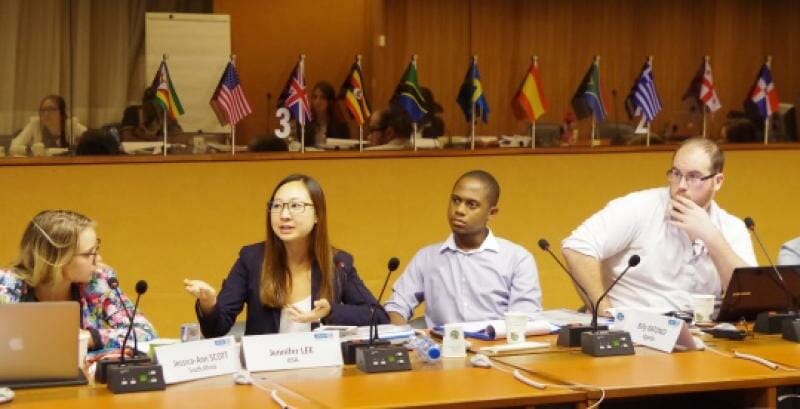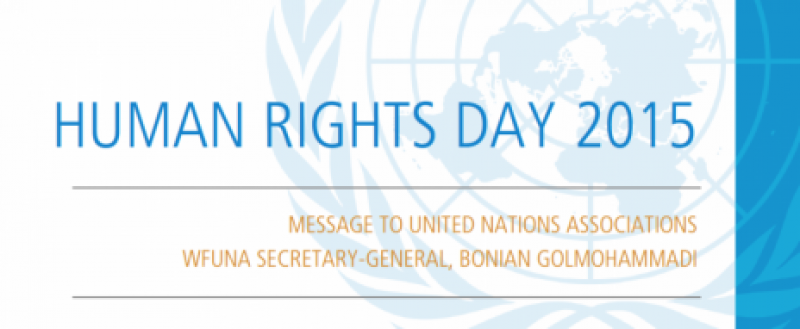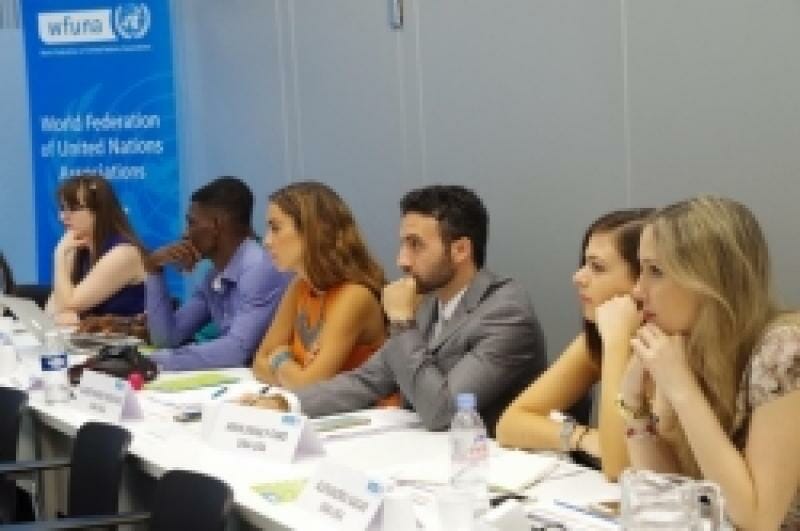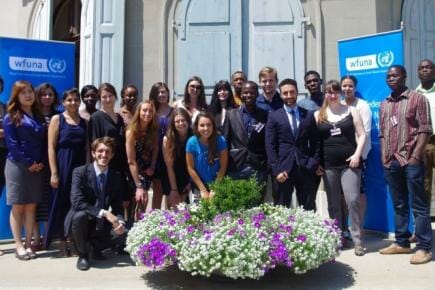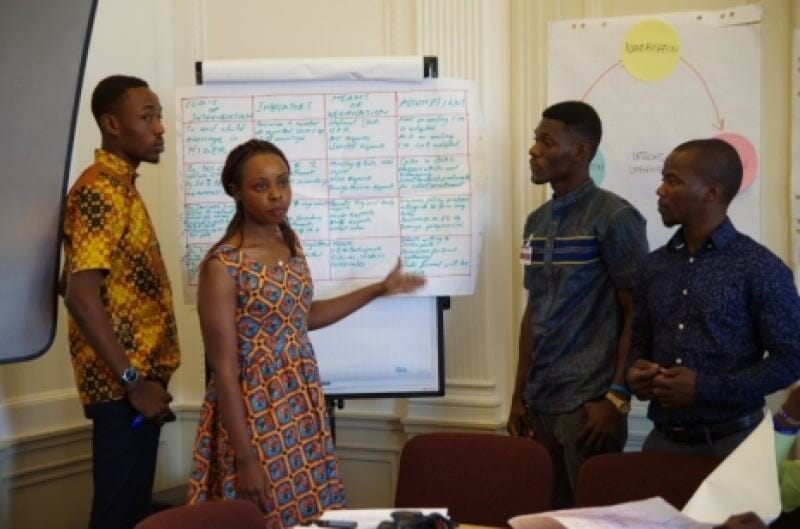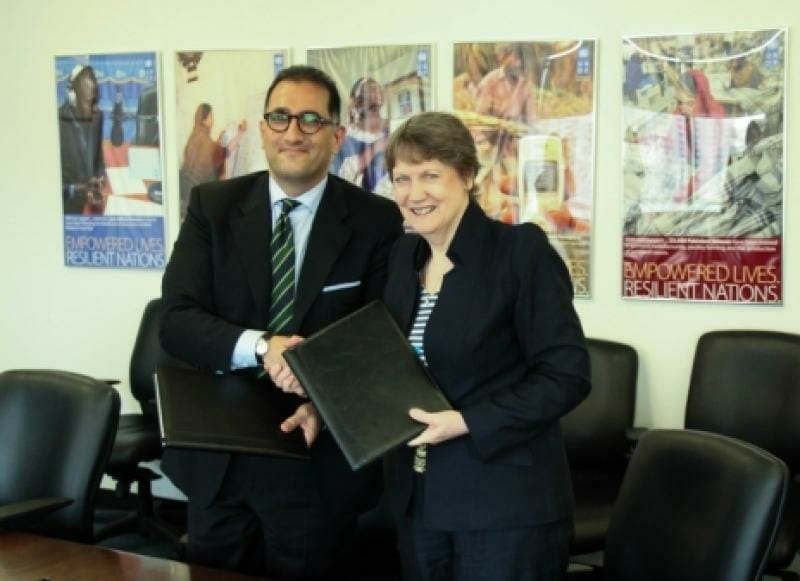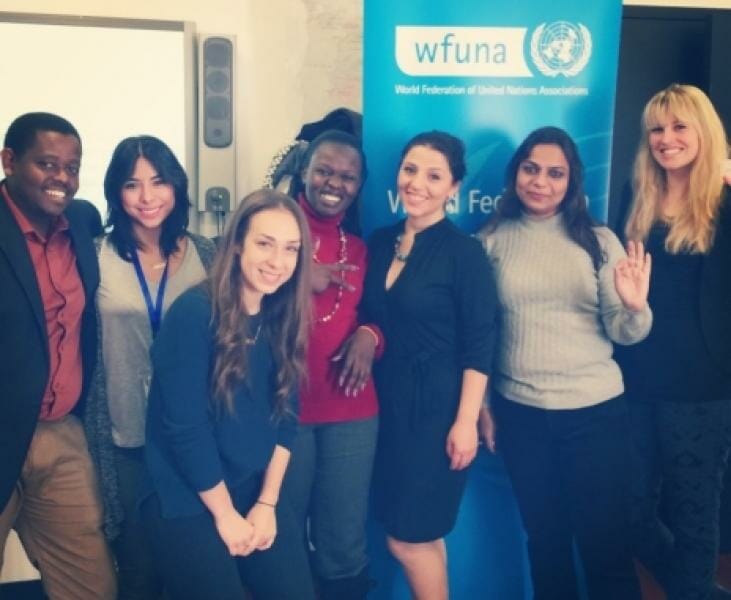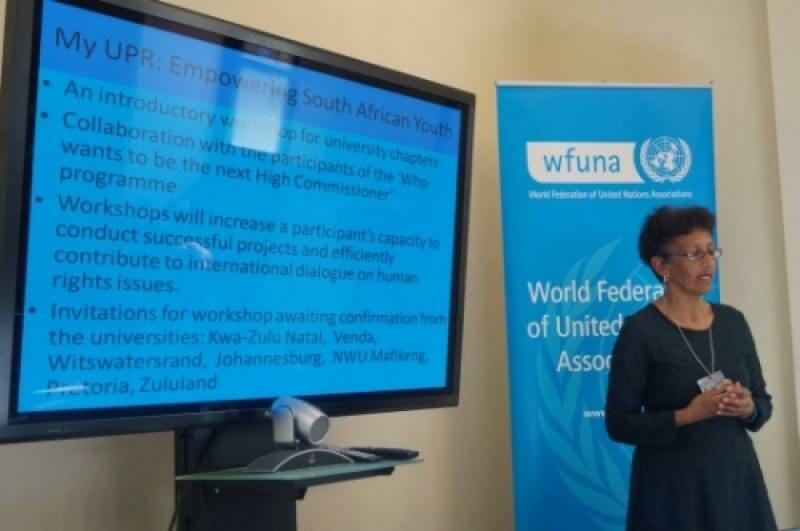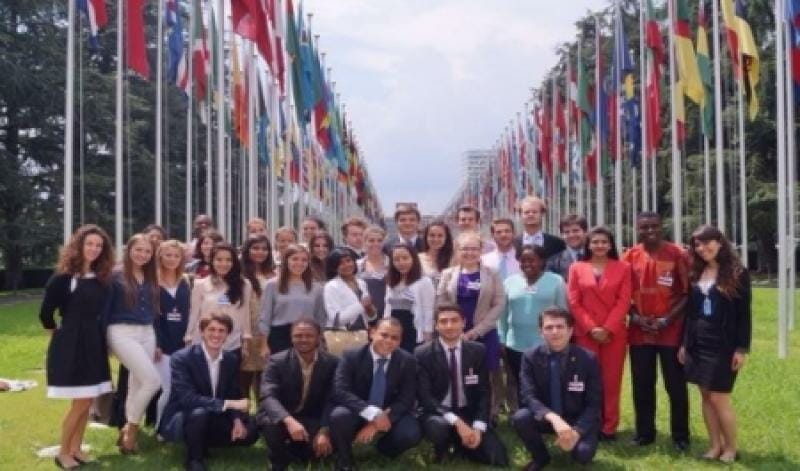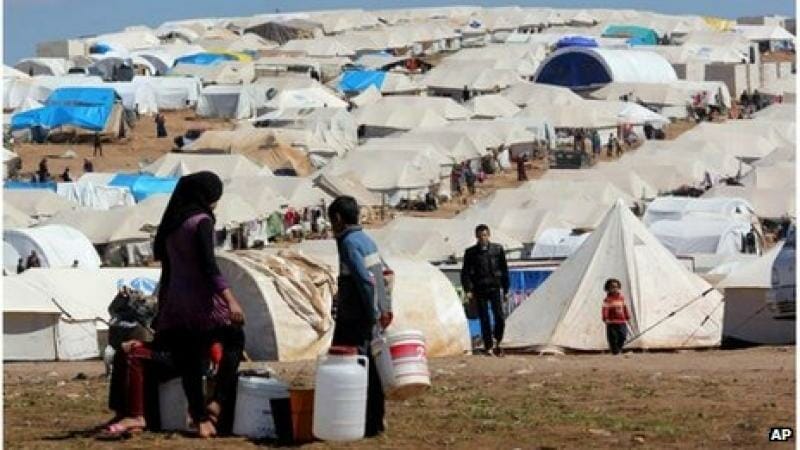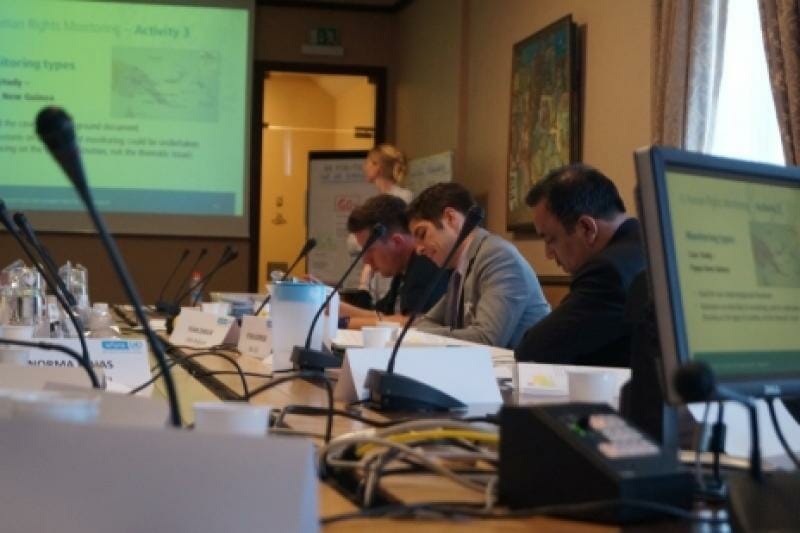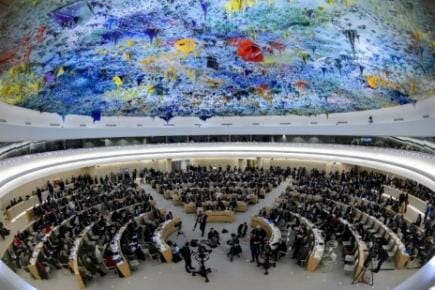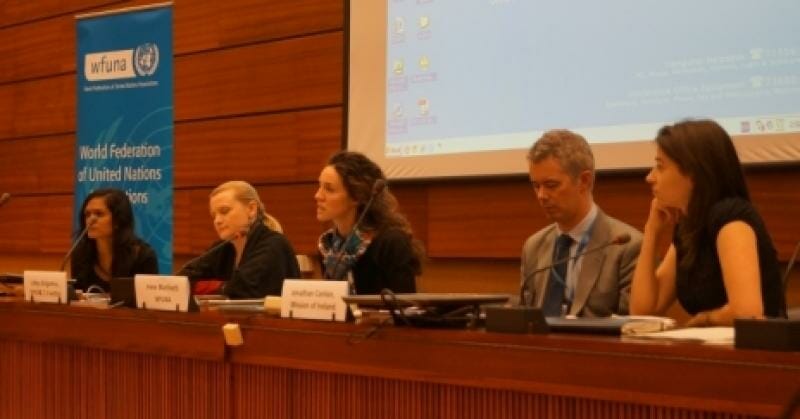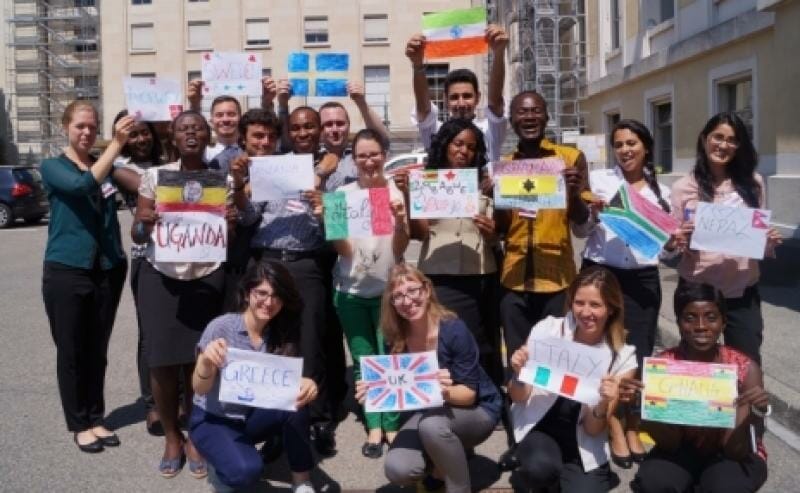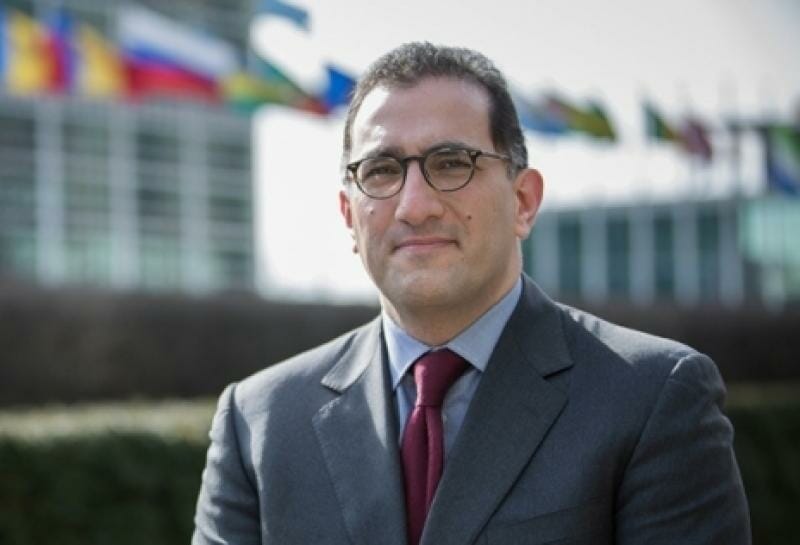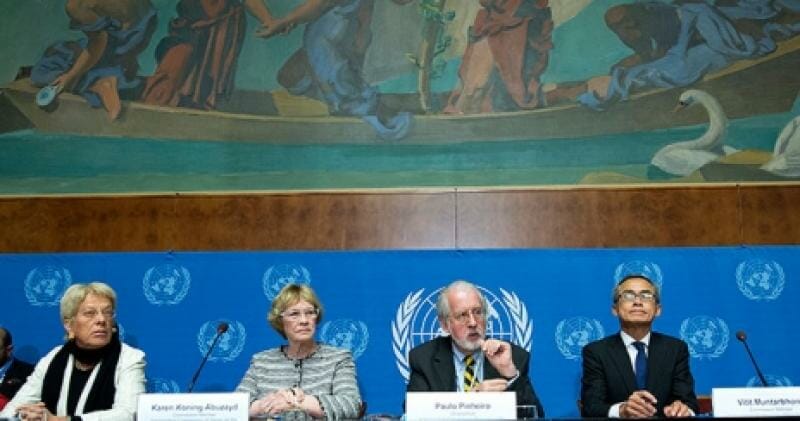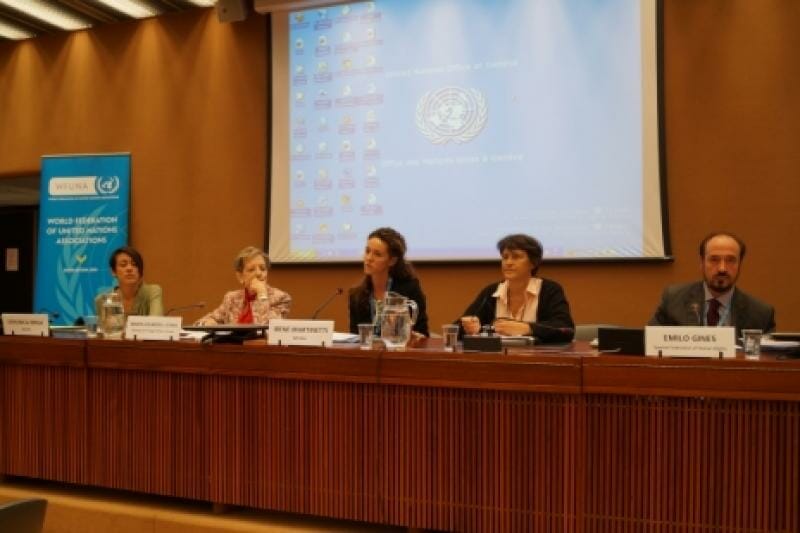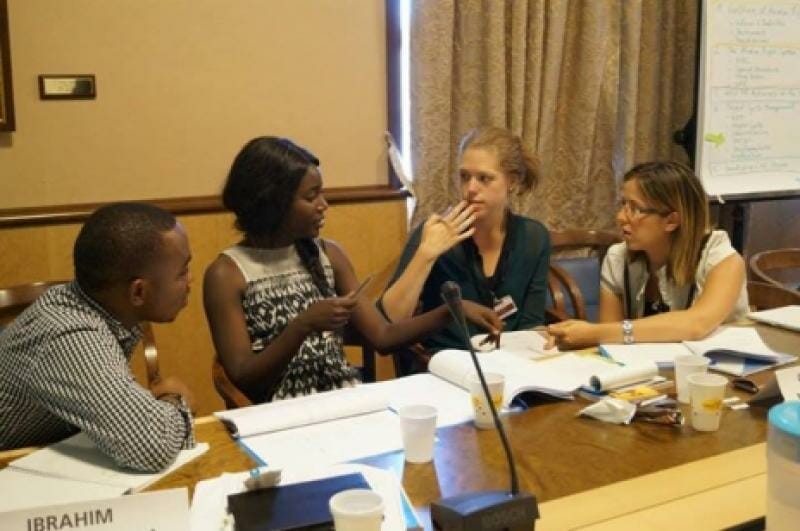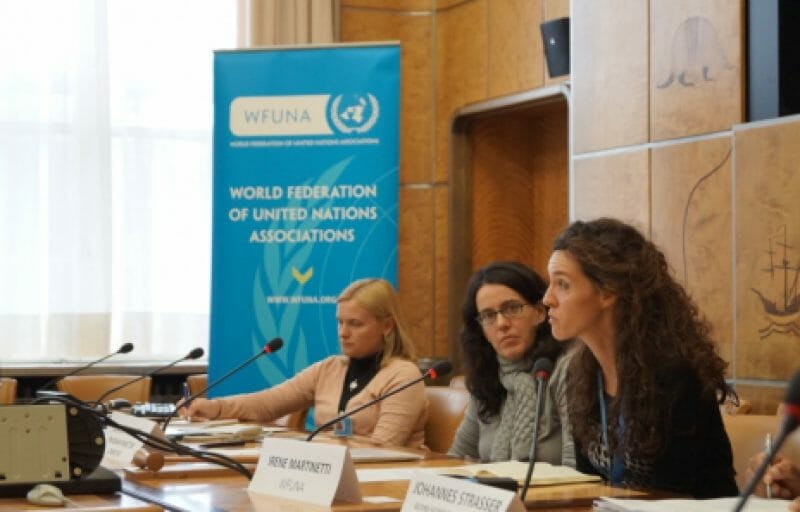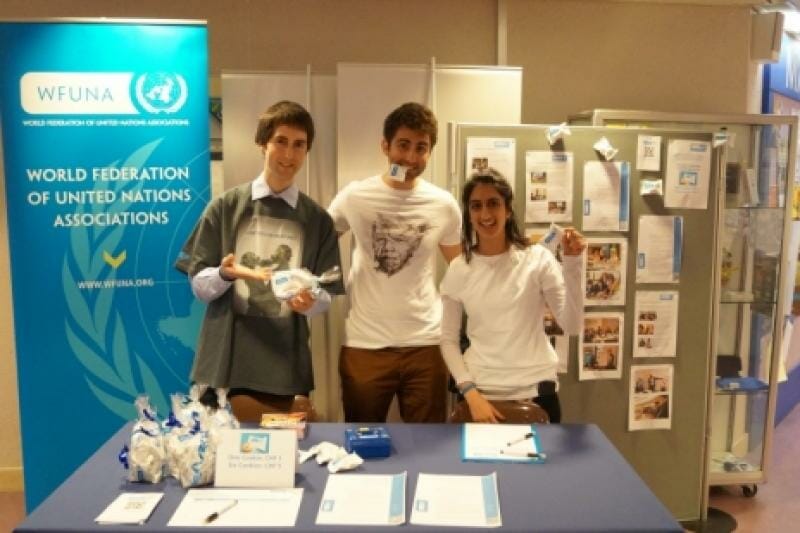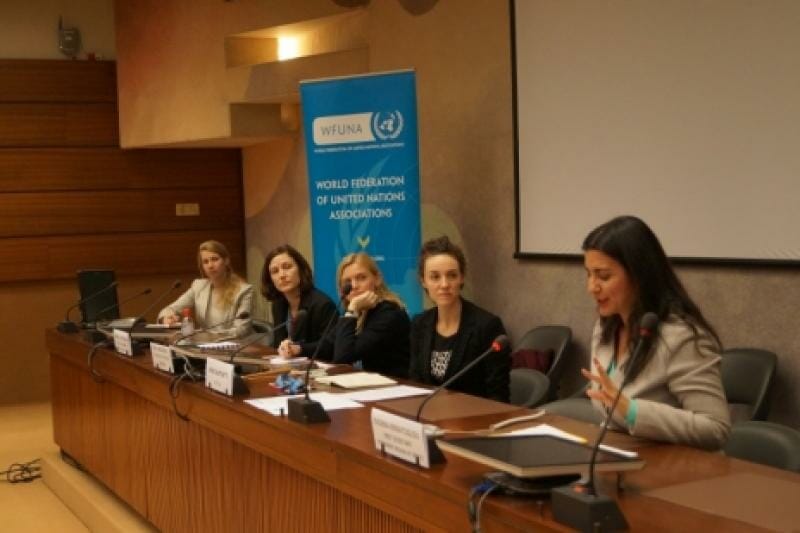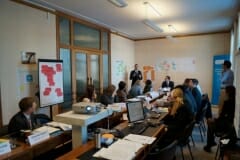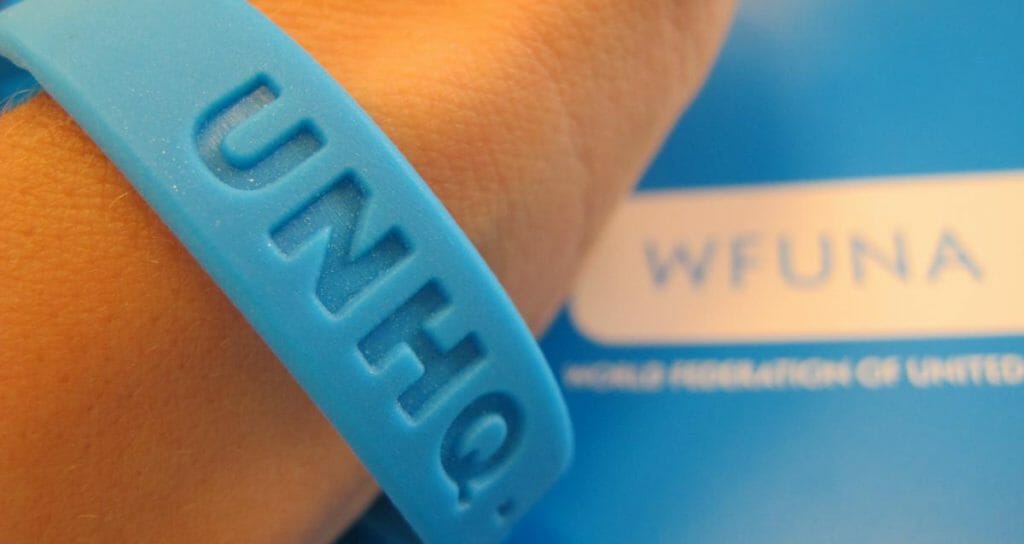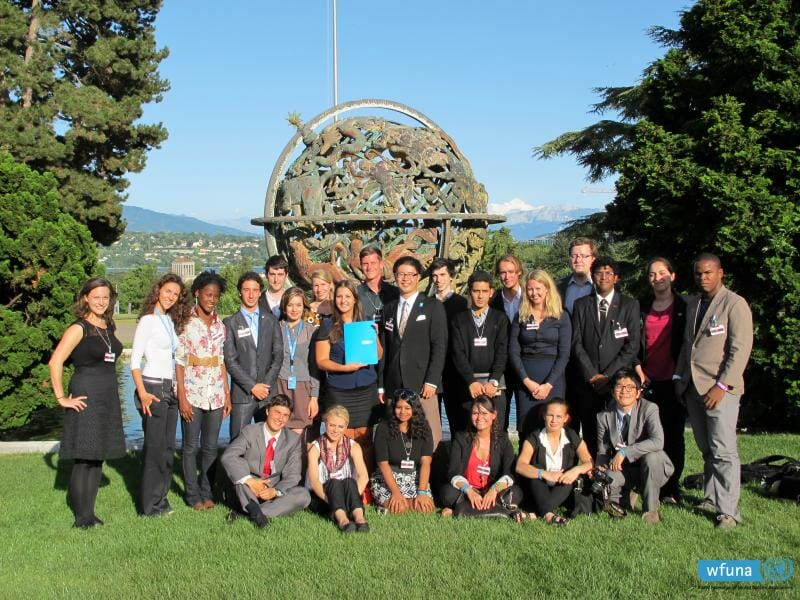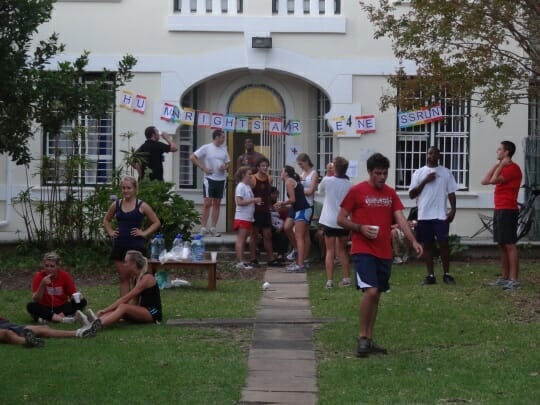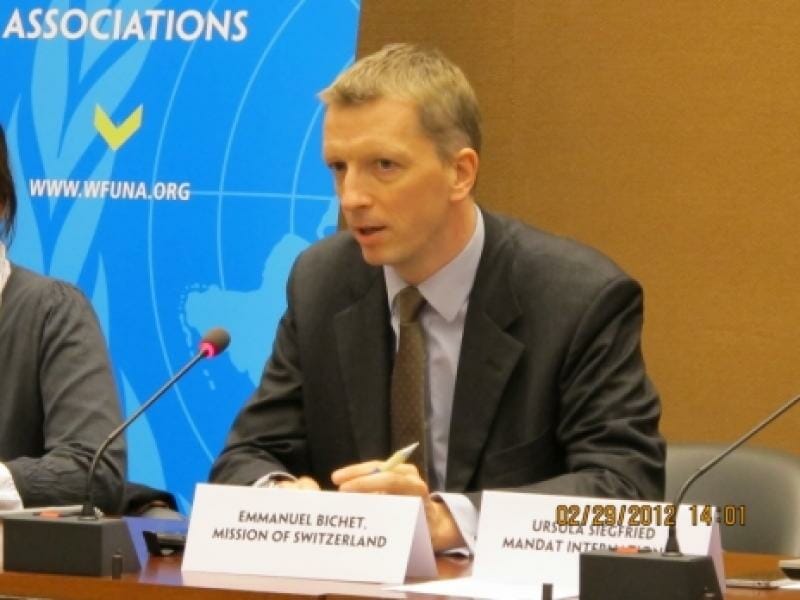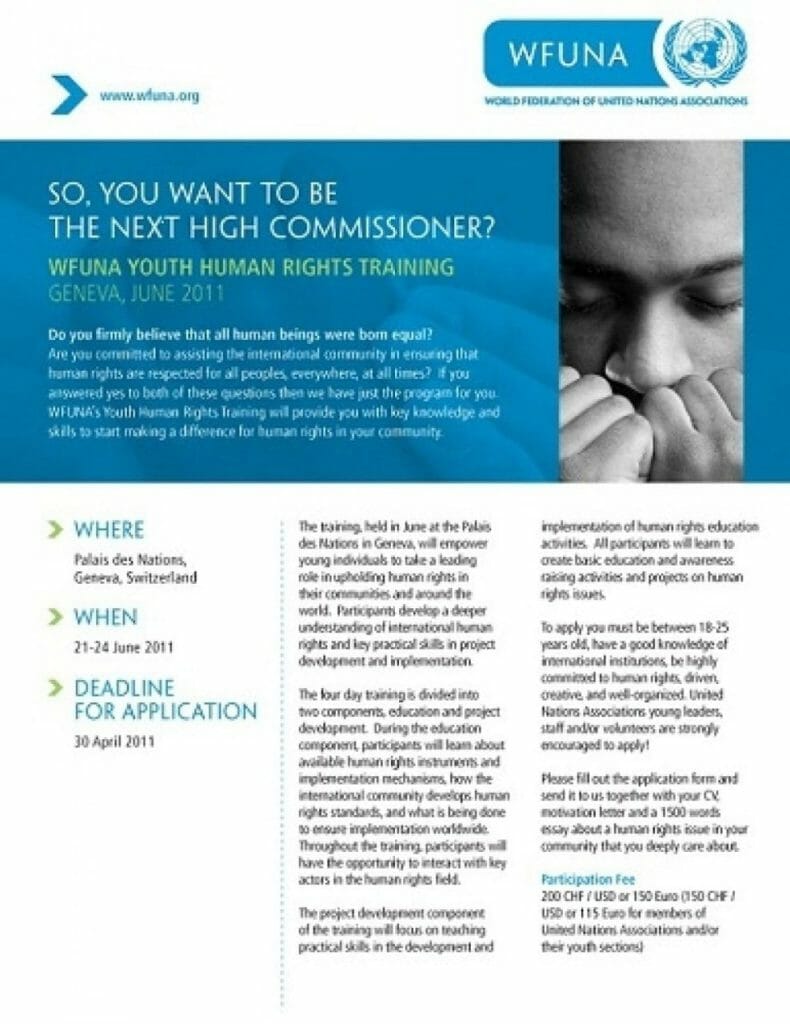This year the Office of the High Commissioner for Human Rights (OHCHR) proudly celebrated its 20th anniversary. As the leading institution in the field of human rights – one of the three main pillars of the United Nations (UN) – the OHCHR can look back on a highly successful year in 2013.
The Human Rights Council (HRC) – the UN rights policy making and monitoring body – adopted 107 resolutions, decisions and statements on various human rights issues during the three sessions that took place this year. Landmark resolutions dealt with the protection of human rights defenders (HRD) – including a resolution on women human rights defenders in the context of peaceful protests -, the establishment of a Commission of Inquiry on Democratic People’s Republic of Korea (DPRK) and improved access for persons with disabilities.
In 2013, most prominent were the two resolutions on the deterioration of the human rights situation in Syria and the presentation of the latest report of the UN Independent Commission of Inquiry. The HRC further provided an international platform for human rights defenders from Syria with 5 emergency debates, giving them the opportunity to put their cases in front of the international community.
The council also adopted resolutions on business and human rights, access to medicines, the situation of persons living with albinism,women’s rights, sexual orientation and gender identity. Others dealt with children in armed conflicts as well as with the human rights of children of parents sentenced to the death penalty.
As part of the second cycle of the Universal Periodic Review (UPR) 42 States were successfully reviewed – including Israel, which returned to the UPR in October this year – and over 2000 recommendations accepted. In addition, the latest monitoring publication from UPR Info ‘On the Road to Implementation’ revealed, that at mid-term, two years after a State’s review, approximately 40% of the accepted recommendations were either partially or fully implemented. The unique in-deph analysis affirms the importance of the UPR as an effective human rights mechanisms and serves as an invaluable tool for civil society organizations working to promote and protect human rights.
Throughout the year Special Rapporteurs investigated and reported on 37 thematic mandates, such as water and sanitation, food, involuntary disappearances, migrants, torture and human trafficking, .In addition, 14 country mandates investigated the Human Rights situation in Belarus, Central African Republic, DPRK, Eritrea, Iran and Myanmar, among other countries.
Earlier this year the ‘Optional Protocol of the International Covenant on Economic, Social and Cultural Rights’ entered into force, marking the beginning of a process that can give victims of economic, social, and cultural rights violations a voice, and make states more responsive and accountable with respect to their obligations under the ICESCR. In addition, the ‘Rabat Plan of Action on the Prohibition of advocacy of national, racial or religious hatred’ was lunched, recommending the adoption of comprehensive national anti-discrimination legislations to effectively combat incitement to hatred.
Challenges remain, such as the growing financial deficit. After a first budget reduction exercise in 2012, the OHCHR currently receives less than 3% of the total UN budget. At the same time, extra budgetary cost plan has risen to nearly US$151.5 million against an expected income of US$110 million. To continue ensuring the best expertise and support for the HRC a huge amount of work remains to be done during 2014.
Nevertheless, through the substantial accomplishments made in 2013, the United Nations has demonstrated its effective commitment to protecting human rights on a global scale – something worth celebrating at the end of the year.



